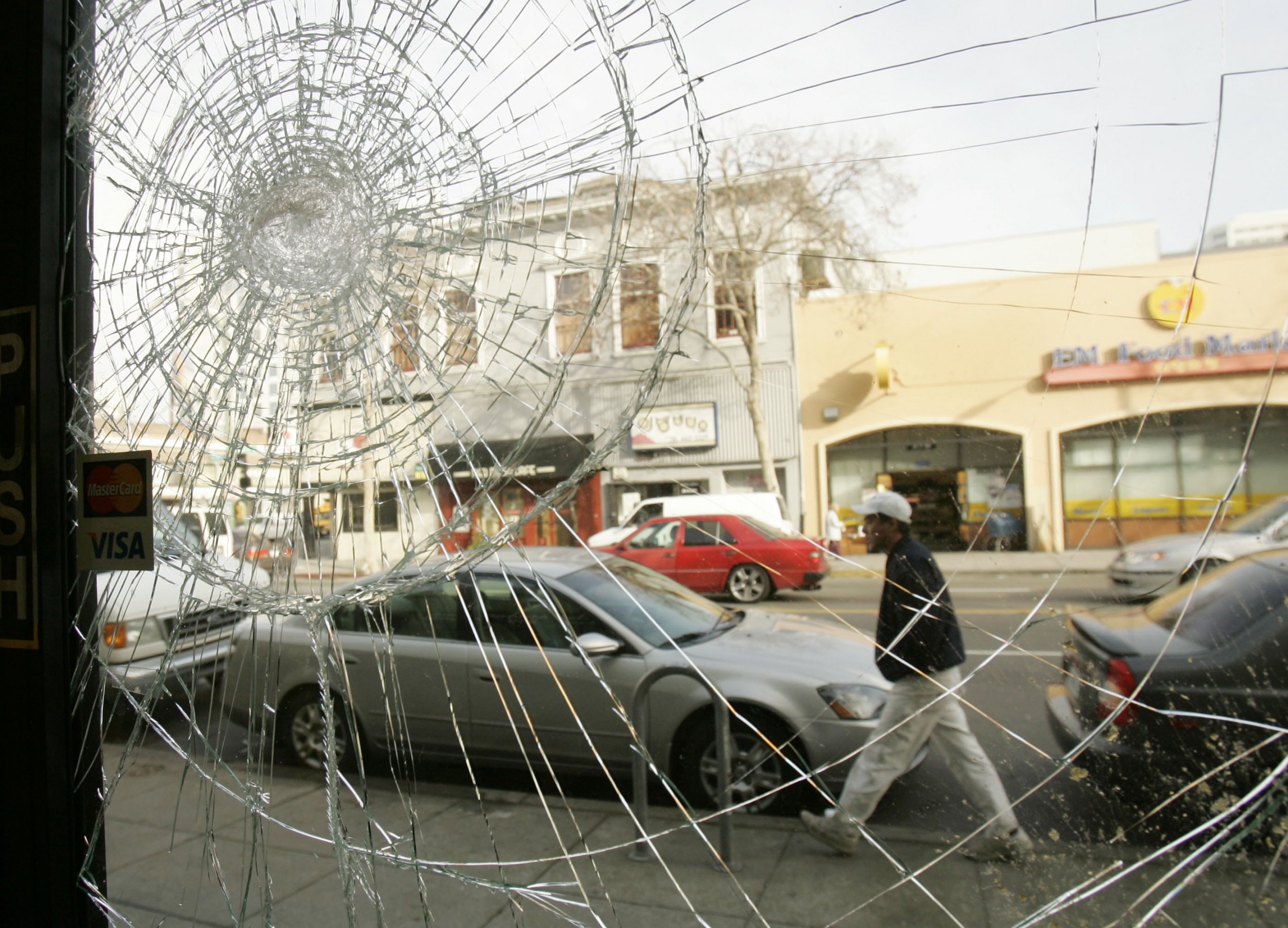When emergencies strike, the 911 system is the lifeline that millions of Americans rely on for immediate assistance. But what happens when this critical infrastructure fails? A 911 nationwide outage isn't just a technological hiccup—it’s a crisis that can have life-threatening consequences. The recent reports of outages affecting emergency call services have sparked widespread concern, raising questions about system vulnerabilities, preparedness, and the future of emergency response in the United States.
Emergency services are the backbone of public safety, and the 911 system is at the heart of it all. Any disruption to this vital network can lead to delayed responses, increased risks, and even loss of life. From technological malfunctions to cyberattacks, there are numerous reasons why a 911 nationwide outage might occur. As these outages grow in frequency and scale, understanding their causes, consequences, and preventive measures is more crucial than ever.
This article delves into the intricacies of the 911 nationwide outage, exploring its impact on public safety, the technological and systemic challenges involved, and the measures being taken to prevent future disruptions. By examining the issue from multiple angles, we aim to provide a comprehensive understanding of why such outages occur and how we can move forward to build a more resilient emergency response system.
Read also:Stephanie Rose Bongiovi A Life Beyond The Spotlight
Table of Contents
- What is the 911 System?
- The History of 911: How It Became a National Standard
- Importance of a Reliable 911 System
- Recent 911 Nationwide Outages: A Timeline
- Causes of 911 Nationwide Outages
- Technological Vulnerabilities in 911 Systems
- Impact on Public Safety
- Role of Cybersecurity in Preventing Outages
- Government Regulations and Policy Changes
- Case Studies of 911 Outages: Lessons Learned
- Innovations in Emergency Response Technology
- The Role of Telecommunication Companies
- Public Awareness and Preparedness
- Steps to Prevent Future Outages
- Conclusion
- FAQs

